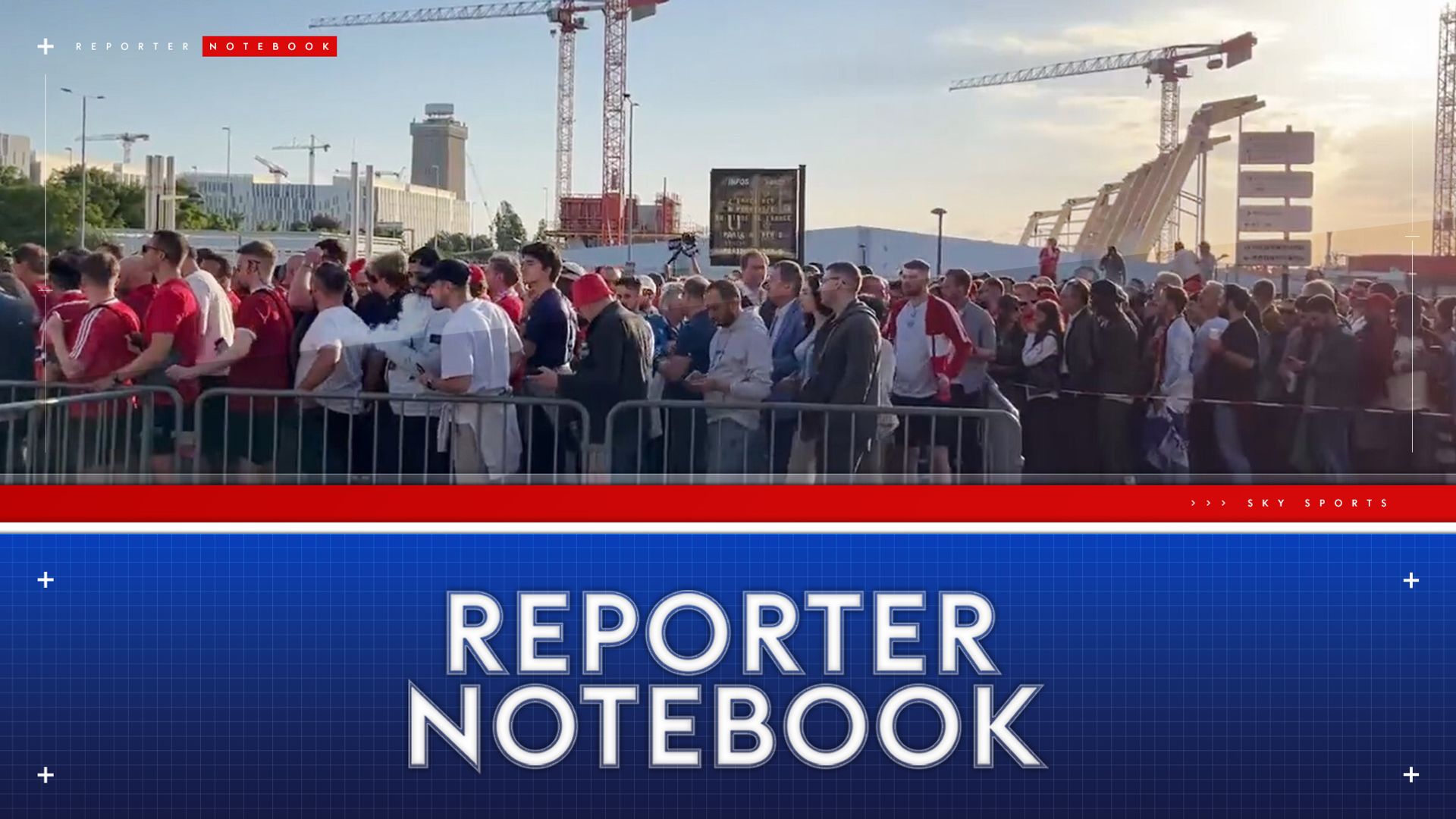It Takes a Flyer: Study Finds Mail Reminders Raise Voting Turnout for Ex-Incarcerees
A North Carolina research study found that mailing flyers to former incarcerees prodded them to register for voting and go to the polls.

Millions of people in the United States with felony convictions are eligible to vote —despite their criminal record.
But they rarely do.
A mail-based registration system can change this, according to a recent pilot project in North Carolina.
A team of researchers found that voter registration by returning citizens increased by 12 percent, and voter turnout of the formerly incarcerated in the general election increased by 11 percent using a novel system of mail-in flyers.
Working with a commercial data vendor to find their contact information, the researchers first sent random sub-samples of mail flyers with voting registration information to formerly incarcerated individuals identified as eligible voters. These individuals were then screened in the future to see if the flyers impacted their registration rates.
Even though these were first pilot studies, their impact was still felt. The authors reported that “across these pilots, our intervention increased voter registration by 0.9 percentage points over the subsequent 30 days.”
The Main Study
Once the researchers were ready for their main study, they found that their average sample age was an individual 43.9 years old, and had been released on average nine years prior.
The researchers then furthered the complexity of the main study by randomizing the type of mailer that was sent to individuals in the sample in order to test the mechanisms driving or hindering registration.
The basic mail flyer included an opening paragraph highlighting the individual’s ability to vote despite their criminal record, a list of requirements, and a stamped and addressed registration form ready to be mailed out. Other variations of the flier included removing different combinations of the mail set, as well as adding or taking out a paragraph about how voting is a civil right.
“Contrary to our expectations (based on conversations with community groups), we find that not highlighting the criminal record info in the opening paragraph did not reduce our mailer’s efficacy; the point estimate is actually larger,” the researchers found.
“Similarly, removing the registration form did not reduce the effect on voter registration.”
They also found that the civil rights paragraph didn’t have the mobilizing effect that they anticipated, and it particularly lacked the momentum building they desired for the Black community.
Despite whichever flier was received, the impact was significant across the board, considering the researchers were able to increase North Carolina voter registration by 12 percent, and voter turnout in the general election by 11 percent.
What About Non-Felons?
To solidify whether or not their research and methodology truly helped individuals specifically with felony records, the experts decided to run a parallel experiment with individuals in the same neighborhoods who specifically didn’t have felony records and could vote on their own accord.
“The goal of this parallel experiment was to provide context for our main results,” the authors detail, asking in their paper, “Are they about what we’d expect for a socioeconomically-disadvantaged target population?”
With that, the researchers found that sending the non-felon group mailers had no effects on voter registration. In other words, the researchers write, “we interpret this to mean that the effectiveness of our intervention is unique to people with felony convictions.”
“Overall, we demonstrate that it is possible to identify and contact a marginalized group that is not effectively targeted by existing outreach efforts,” the authors detail.
“Our results speak to how organizations can increase voter registration and turnout among people with criminal records, without necessarily changing laws to broaden eligibility.”
The authors, listed alphabetically, of the study are: Jennifer L. Doleac, who is part of the Department of Economics at the Texas A&M University; Laurel Eckhouse of the Department of Political Science at the University of Denver; and Eric Foster-Moore, a data scientist with The Lab in Washington DC and the former HFA Data Deputy Director in Detroit.
Other authors listed were: Allison Harris of the Department of Political Science at Yale University; Hannah Walker of the Department of Government at University of Texas Austin; and Ariel White of the Department of Political Science at Massachusetts Institute of Technology.
The full report can be accessed here.
Andrea Cipriano is Associate Editor of The Crime Report.

 Landwebs
Landwebs 

















